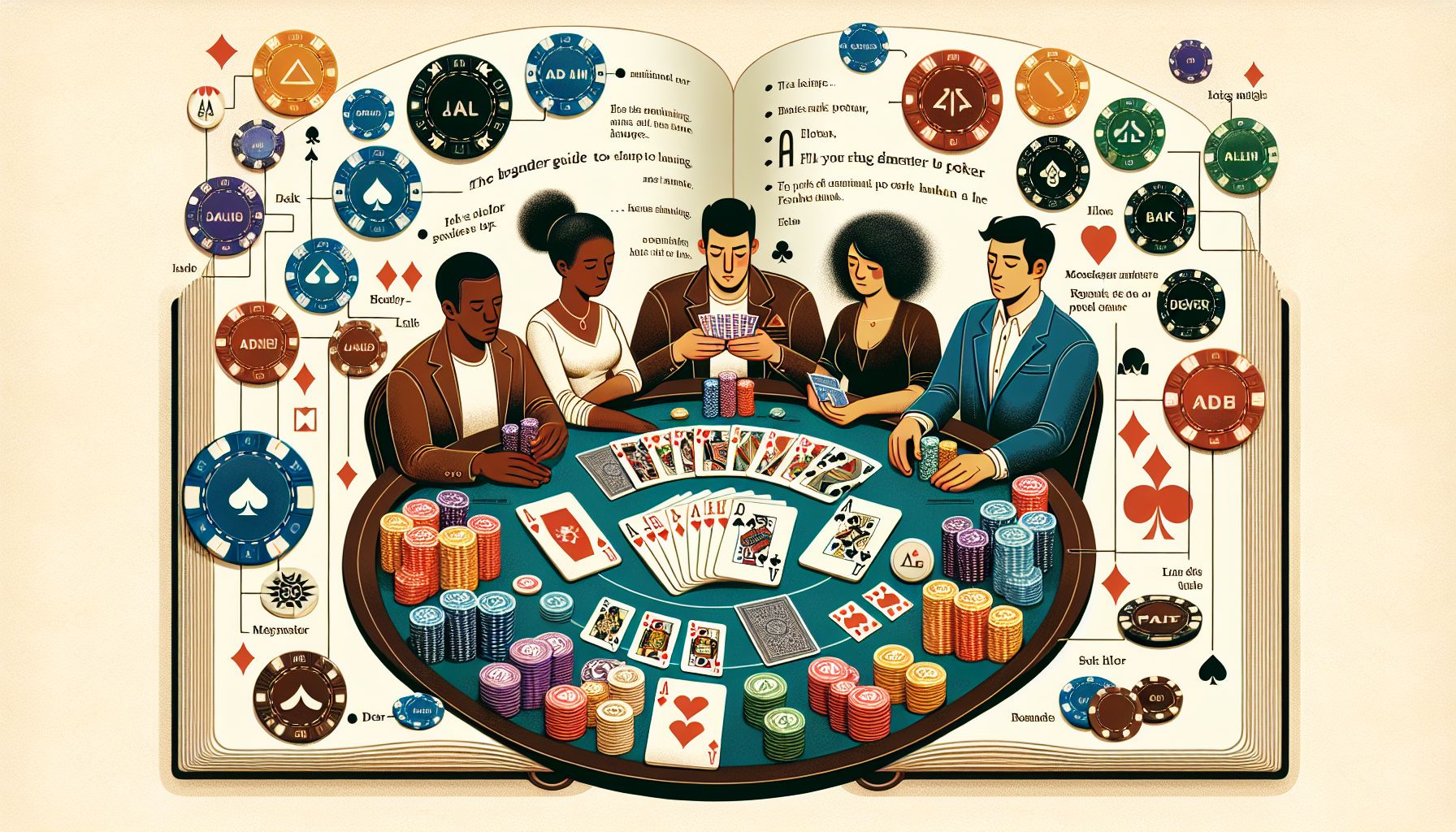If you’ve ever stepped foot into a casino or watched a high-stakes poker game on TV, you’ve probably wondered what it takes to become a poker pro. Poker is much more than a popular gambling game; it’s a strategic battle of wits that requires both skill and intuition. Whether you’re a novice or simply looking to up your game, this guide will provide you with the foundation needed to become a true poker connoisseur.
The Basics of Poker
Before delving into the complex world of poker strategy, it’s crucial to familiarize yourself with the game’s basic rules. A standard deck of 52 cards is used, and the objective is to create the best possible five-card hand. Each player receives two private “hole” cards, while five community cards are placed face-up on the table. The art of poker lies in utilizing your own cards in conjunction with the community cards to make the strongest hand.
Mastering the Art of Bluffing
No discussion on poker would be complete without mentioning the fine art of bluffing. Bluffing is a fundamental tactic that can turn the tide of any poker game. The key to successfully bluffing is to persuade your opponents that your hand is stronger than theirs. This can be accomplished through strategic betting and maintaining a calm, composed demeanor. Remember, a well-timed bluffed can demolish even the most impenetrable opponent’s confidence.
Reading Your Opponents
A major aspect of becoming a proficient poker player is learning to read your opponents’ behavior and discern their intentions. Subtle cues such as facial expressions, body language, or betting patterns can reveal invaluable information about the strength or weakness of their hand. Some players have “tells” (indicators) that can be quite revealing, while others may employ reverse psychology by purposefully displaying false signals. The key is to observe and analyze, remaining attentive to the smallest of details.
The Role of Probability
Poker is a game of skill, but it also relies heavily on probability. Understanding the odds of different hands and combinations is critical to making rational decisions throughout the game. By calculating the probability and the potential value of your hand, you can determine whether it’s worth staying in the game and continuing to bet. Additionally, recognizing the probability of your opponents’ hands can aid in developing a winning strategy.
Patience, Patience, Patience
Finally, patience is perhaps the most underrated virtue in the game of poker. It’s all too easy to become overly excited and impulsive, especially when faced with high stakes or a tantalizing hand. However, the most successful poker players understand the importance of biding their time, waiting for the perfect opportunity to strike. Impatience often leads to reckless betting and can quickly deplete your stack of chips.
Conclusion
Poker is a game of skill, strategy, and calculated risks. By mastering its basics, understanding the art of bluffing, reading your opponents, recognizing probability, and exercising patience, you’re well on your way to becoming a formidable poker player. Remember, the journey to poker greatness is a continuous pursuit, and while luck may play a role, it is ultimately skill and knowledge that will consistently tip the scales in your favor.
So, shuffle up, deal the cards, and let the games begin!



